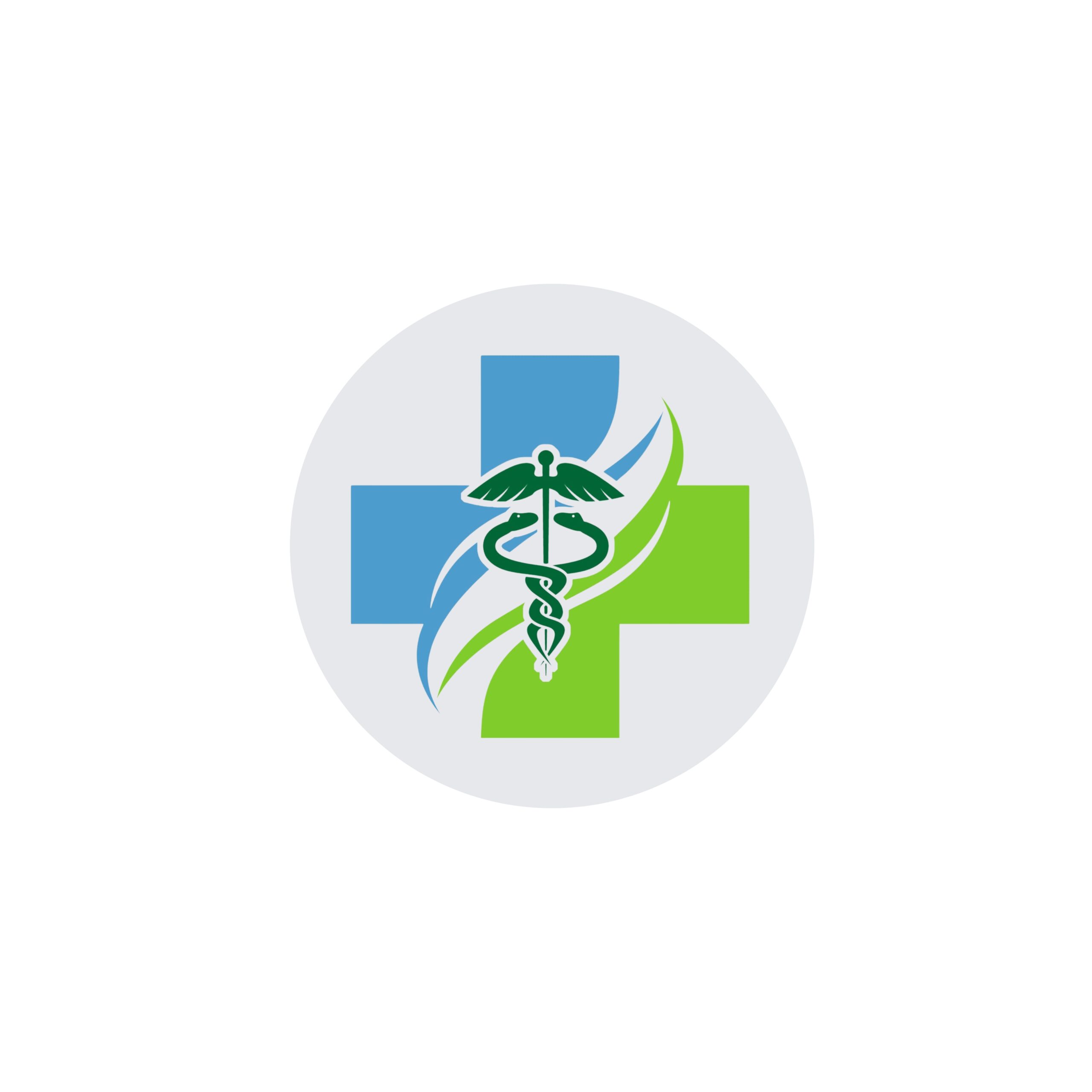Introduction
Medical coding is the process of translating healthcare diagnoses, procedures, medical services, and equipment into universal medical alphanumeric codes. The codes are derived from various sources within the patient’s medical record, such as the physician’s notes, laboratory results, and radiological reports. The primary coding systems used in healthcare include the International Classification of Diseases (ICD), the Current Procedural Terminology (CPT), and the Healthcare Common Procedure Coding System (HCPCS). Each of these coding systems serves a distinct purpose:
- ICD (International Classification of Diseases): This coding system, developed by the World Health Organization (WHO), is used to classify diseases and a wide variety of signs, symptoms, abnormal findings, and external causes of injury or diseases.
- CPT (Current Procedural Terminology): Maintained by the American Medical Association (AMA), CPT codes are used to document the procedures and services performed by healthcare providers.
- HCPCS (Healthcare Common Procedure Coding System): This is primarily used for billing purposes in the Medicare and Medicaid systems and covers both medical services and products not included in the CPT coding system. Codex Solutions’ Best CPC Certification Training in Hyderabad is the ideal learning platform for those looking to gain expertise in Medical Coding with CPC Certification. The durable medical equipment, prosthetics, orthotics, and supplies.
Medical coders assign these codes after thoroughly reviewing and analyzing patients’ health records. This ensures that healthcare providers are accurately reimbursed for their services by insurance companies, including government programs like Medicare and Medicaid.
The Role of a Medical Coder
Medical coders play a crucial role in the healthcare industry. They serve as a bridge between healthcare providers and insurance companies, ensuring that the services provided to patients are accurately documented and billed. Coders must be well-versed in medical terminology, anatomy, and the coding systems mentioned above. Their work involves a high level of precision and attention to detail, as any errors in coding can lead to incorrect billing, potential legal issues, and loss of revenue for healthcare providers.
CPC Certification
The Certified Professional Coder (CPC) certification is a credential offered by the American Academy of Professional Coders (AAPC). It is one of the most recognized and respected certifications in the field of medical coding. The CPC certification validates a coder’s proficiency in assigning accurate medical codes for diagnoses, procedures, and services performed by healthcare providers.
The CPC certification exam tests a coder’s knowledge in the following areas:
- ICD-10-CM (International Classification of Diseases, Tenth Revision, Clinical Modification): Coders must understand how to use this system to code diagnoses.
- CPT (Current Procedural Terminology): Coders must demonstrate proficiency in coding medical procedures and services.
- HCPCS Level II: Coders must be familiar with coding for supplies, materials, injections, and other services not included in the CPT.
- Regulatory and Compliance Issues: The exam also covers the regulatory guidelines, including HIPAA and various healthcare compliance standards, ensuring that coders understand the legal and ethical aspects of medical coding.
Advantages of CPC Certification in Medical Coding
1. Career Advancement
Obtaining a CPC certification significantly enhances a medical coder’s employability. Certified coders are often preferred by employers because the certification demonstrates a comprehensive understanding of medical coding, ensuring a high standard of accuracy in the coder’s work. As a result, CPC-certified coders typically have more job opportunities, greater job security, and higher earning potential compared to non-certified coders.
2. Increased Earning Potential
Certified coders generally earn higher salaries than their non-certified counterparts. According to industry surveys, CPC-certified professionals can earn up to 20% more than non-certified coders. Employers recognize the value that certified coders bring in terms of reducing coding errors, ensuring compliance, and optimizing revenue cycle management, which translates into higher pay.
3. Comprehensive Knowledge and Skill Development
The CPC certification process involves rigorous training and examination, which equips coders with a thorough understanding of medical coding principles, medical terminology, anatomy, and coding guidelines. This not only helps coders perform their job more effectively but also enables them to take on more complex and specialized roles in the healthcare industry, such as auditing, compliance, and education.
4. Better Understanding of Regulatory and Compliance Issues
A CPC-certified coder is well-versed in healthcare regulations and compliance standards, including HIPAA, the False Claims Act, and other federal guidelines.Codex Solutions’ Best CPC Certification Training in Hyderabad is the ideal learning platform for those looking to gain expertise in Medical Coding with CPC Certification. This knowledge helps coders avoid common pitfalls, such as coding errors that could lead to audits, fines, or legal action against the healthcare provider.
5. Professional Credibility and Recognition
CPC certification is a mark of professional credibility in the medical coding industry. It is recognized not only by employers but also by peers and other professionals in the healthcare industry. Being CPC-certified can lead to greater recognition within the workplace and among industry professionals, enhancing the coder’s professional reputation.
6. Opportunities for Specialization
CPC certification opens the door to various specialized certifications, such as Certified Outpatient Coder (COC), Certified Inpatient Coder (CIC), and others. These specialized certifications allow coders to focus on particular areas of interest, further advancing their careers and expertise.
Conclusion
Medical coding is a vital function in the healthcare system, ensuring that healthcare providers are accurately reimbursed for their services. Obtaining a CPC certification is a significant step for any medical coder, offering numerous advantages, including career advancement, increased earning potential, and professional credibility. For those looking to establish a successful career in medical coding, CPC certification is a worthwhile investment that provides both short-term and long-term benefits.



